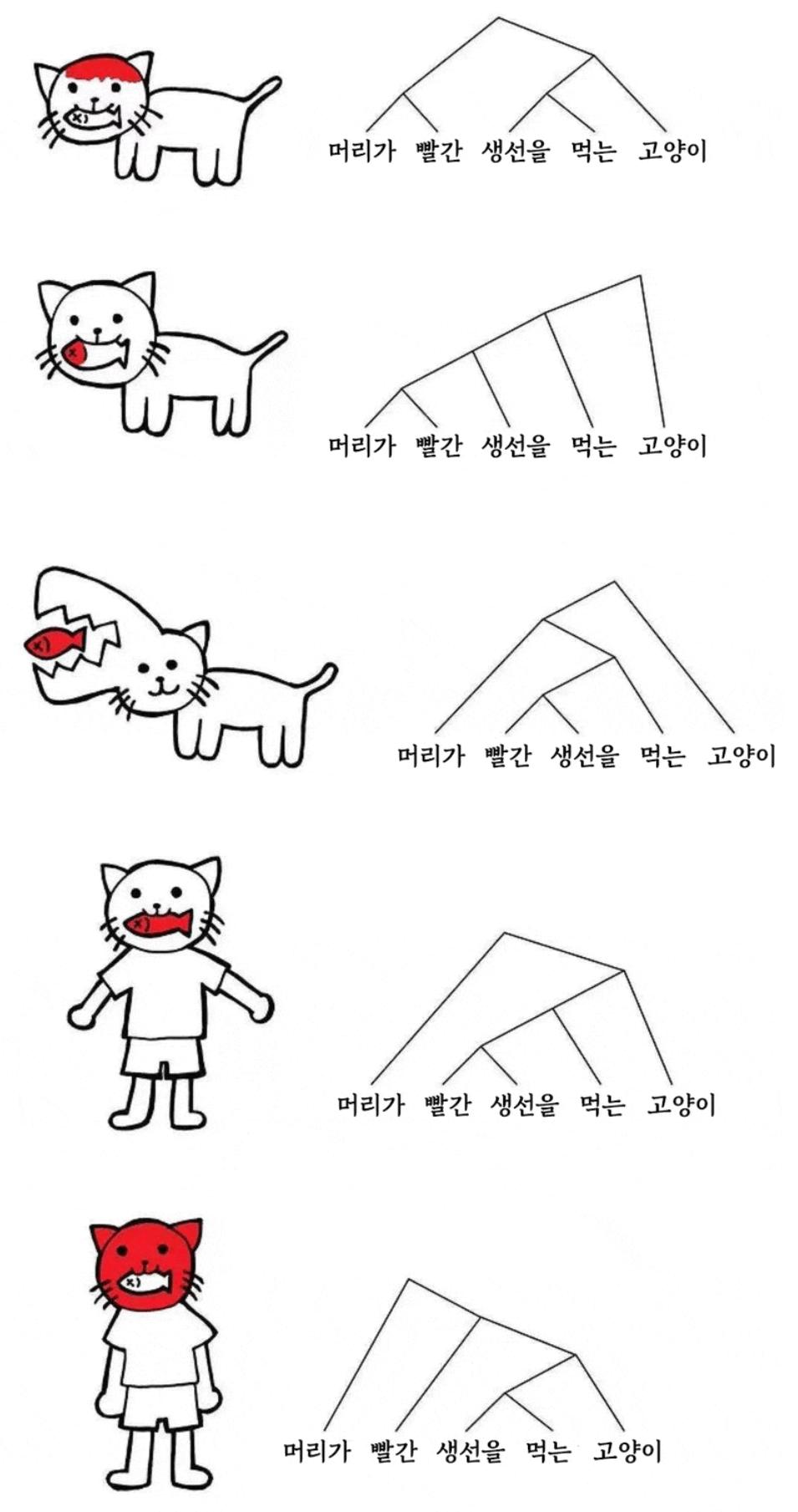I am currently learning about counter words in Korean and I was wondering how you would add an adjective to sentences that use these counters. I understand that you would, for example, translate the phrase 'one slice of pizza', to 피자 한 조각. How would you translate 'one small slice of pizza'? Does the adjective go before the noun or before the counter word (or neither)?
Edit: I want to know how you can make sure you are talking about the slice being small, and not the pizza being small. Would 'a small slice of pizza' and 'a slice of a small pizza' translate to the same thing, or are they translated differently?
